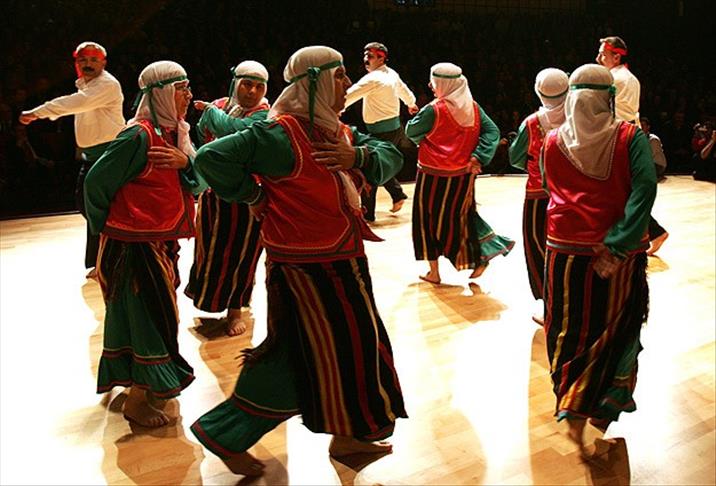European court says Turkey discriminated against Alevis
European Court of Human Rights issues ruling accusing Turkey of discriminating against Alevi community's houses of worship

STRASBOURG
The European Court of Human Rights ruled Tuesday that Turkey had discriminated against the Alevi community's houses of worship, known as cemevis.
The Foundation of Republican Education and Cultural Center, which manages a number of cemevis in Turkey, had filed the case at the European court accusing Turkey of constitutional discrimination after Turkish authorities refused to exempt cemevis from electricity bills.
In August 2006, the Alevi foundation argued that Turkish national legislation normally provides such an exemption for places of worship, such as mosques, churches and synagogues. The bills are paid for through a fund administered by the Religious Affairs Directorate.
Turkish courts had dismissed the foundation's application, basing their decision on the directorate's opinion that cemevis are not places of worship, rather places of assembly in which spiritual ceremonies are held.
But the European court ruled in favor of the group and asked the Turkish government to send a proposal regarding the cemevi in question.
European judge Andras Sajo also called for the recognition of cemevis as places of worship with status equal to that of mosques and churches.
"The question of paying electrical bills is closely linked to the fundamental question of violating the state’s neutrality," Sajo said in his explanation of the ruling. "I, therefore, consider that the limited status conferred to cemevis by the current legislation does not allow the Alevi community to benefit from their right to freedom of belief."
Turkish officials have said the country is already working to eliminate discrimination against Alevis.
"It will not affect our efforts," Turkish Prime Minister Ahmet Davutoglu said Tuesday in response to the court decision. "We will proceed on our way."
Last month, the premier announced that his government would make a series of moves to atone for previous discriminative by the state against the Alevi minority.
He pledged to build roads to all cultural and religious venues in Tunceli, a province in eastern Turkey, and restore Alevi gathering and worshipping places with a budget of 11 million Turkish liras ($4.95 million). He also said the name of Tunceli University would be changed to Munzur University, renaming the institution after Alevi religious leader Munzur Baba.
Alevis share some beliefs with Alawis, including the divinity of Imam Ali, but are a separate group in Turkey. Alevis are sometimes referred to as Alawis but they want to be differentiated, especially because of the political association between Alawis and the current Syrian regime.
They are the second-largest religious community in Turkey after Sunnis.
Anadolu Agency website contains only a portion of the news stories offered to subscribers in the AA News Broadcasting System (HAS), and in summarized form. Please contact us for subscription options.


